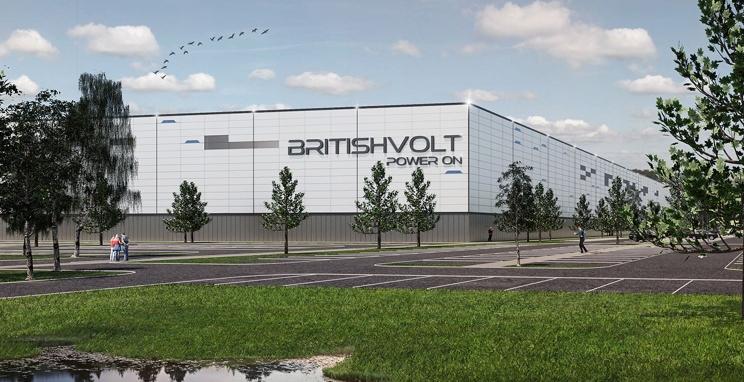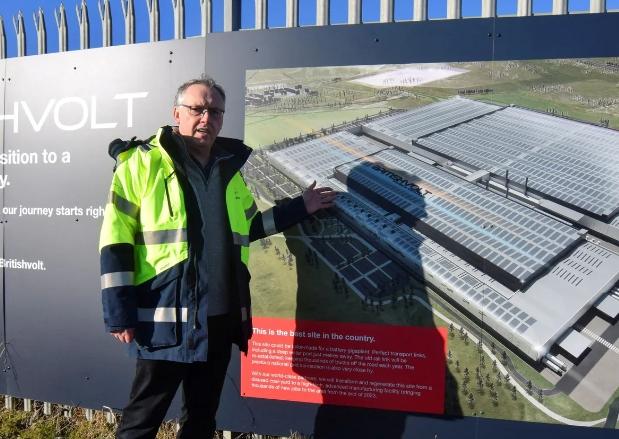Britishvolt, which wanted to set up a battery factory for electric vehicles in the United Kingdom, is in receivership. After narrowly avoiding bankruptcy in November 2022, it is heading towards dismantling this time.
It’s over for Britisvolt. After escaping bankruptcy in November 2022, the British start-up has just been placed in receivership. It “has been registered” told AFP a spokeswoman for the firm EY, which will manage the administration of this bankruptcy.
“The company went into receivership due to insufficient investment to fund the research it was carrying out and the development of its sites in the Midlands (central UK) or North East England”, explains the press release.

The two appointed EY directors are evaluating options to monetize company assets, “including intellectual property and research and development assets,” for the benefit of creditors, the statement continued. The administrators will therefore organize the closure of the company and its dismantling, it is specified.
According to the British press, there were two offers at 30 million pounds on the table (well below the sums already invested in the project), one from DeaLab Group, an investment fund linked to interests in Indonesia , and the other from certain Britishvolt shareholders.
The company had acknowledged in August difficulties related to “market conditions, including runaway inflation and rising interest rates”. The company also invoked “geopolitical uncertainties” and “the global energy crisis”, pushing back the start date of production, initially planned for the end of 2023, to 2025.

Faced with these difficulties, its approximately 300 employees accepted a temporary pay cut in November. Out of a total project cost of 3.8 billion pounds, Britishvolt had so far only raised 200 million pounds.
However, in January 2022, the company had entered into a partnership with the logistics building specialist Tritax and the British asset management giant Abrn relating to the construction of the factory for 1.7 billion pounds.
The project has also received backing from the Conservative government of former Prime Minister Boris Johnson. But public funding of 100 million pounds, conditional on the progress of the project, is still missing, according to the local press. The start-up was aiming for an annual production of more than 300,000 electric vehicle batteries in Blyth, north of Newcastle, and the direct employment of 3,000 people.
